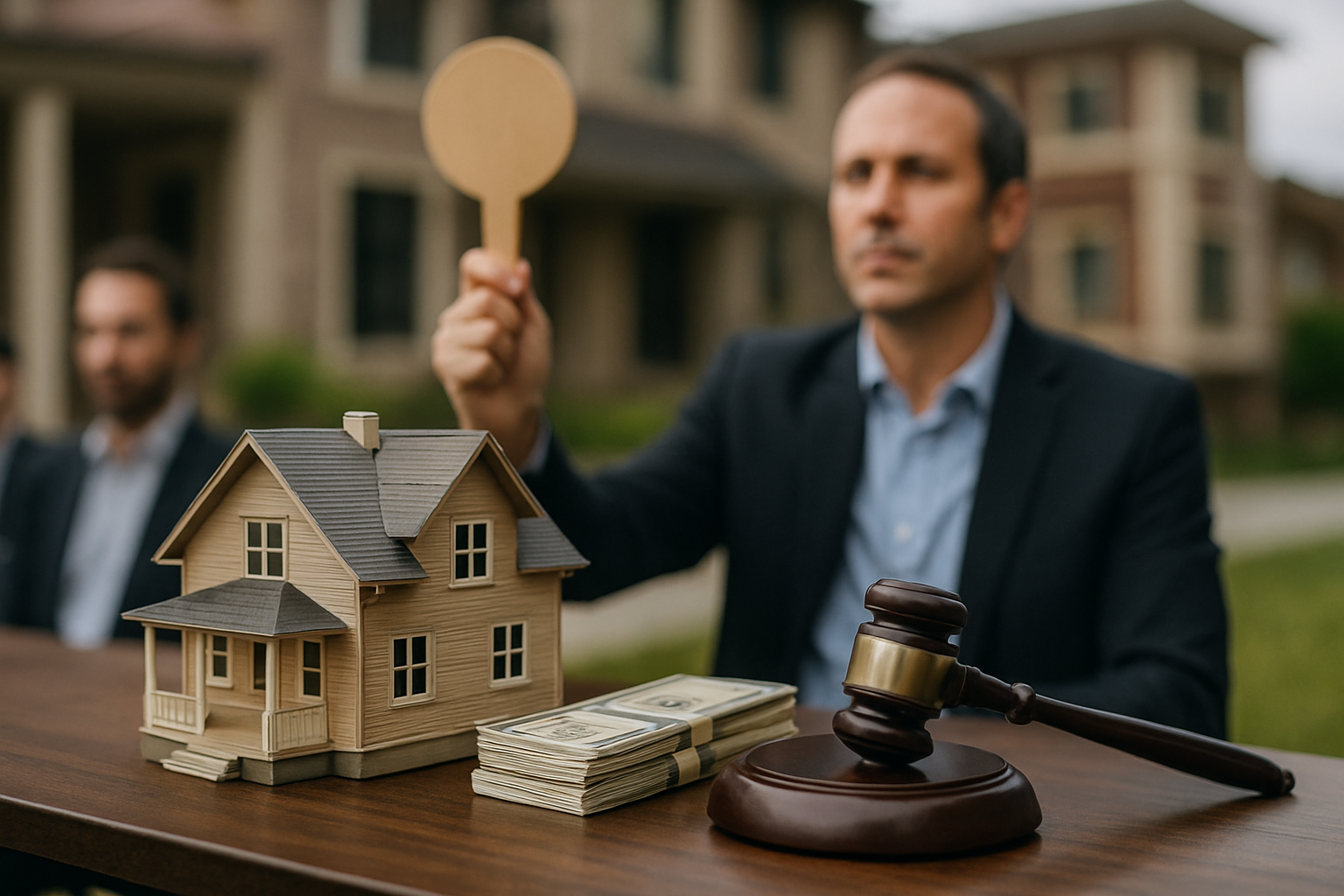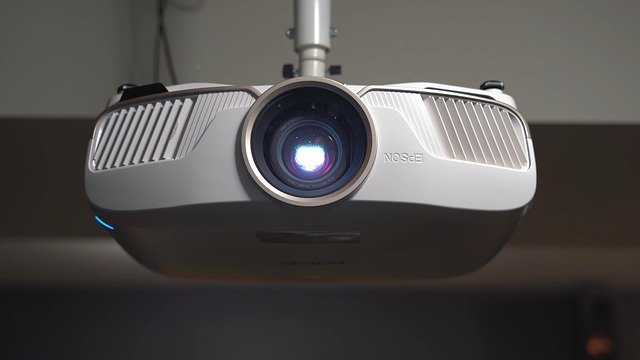Guide to Buying Foreclosed Homes: Risks, Benefits, Process
Foreclosed homes present a distinct slice of the real estate market where lenders repossess a house after a borrower defaults. For buyers, foreclosures can mean discounted prices and unique opportunities to acquire property, but they also carry additional risks — from title complications to repair costs. Understanding the foreclosure process, inspection priorities, financing challenges, and title concerns helps prospective buyers make informed choices and avoid common pitfalls.

What is foreclosure and how does it happen?
Foreclosure is the legal process through which a lender enforces its security interest when a borrower stops making mortgage payments. Depending on local law, this may occur through judicial proceedings or a nonjudicial power-of-sale process, often culminating in a public auction. If the property does not sell at auction, it becomes real estate owned (REO) by the lender. Each stage can affect timelines, seller responsiveness, and the types of disclosures available to buyers, so it’s important to know the local foreclosure mechanics in your area.
How do foreclosed homes fit into real estate markets?
Foreclosed properties influence supply and pricing in local markets. Periods with higher foreclosure inventory can put downward pressure on comparable home values, while isolated foreclosures may offer bargains for individual buyers. Investors often target foreclosed homes for renovation and resale, whereas owner-occupants may find below-market entry points. However, market dynamics differ widely: in some neighborhoods foreclosures can depress values, while in others, careful rehabilitation can stabilize and even uplift a street or block.
What should buyers inspect in a foreclosed house?
A foreclosed house is typically sold “as-is,” which makes a thorough inspection essential. Focus on structural elements (foundation, roof), major systems (electrical, plumbing, HVAC), water intrusion, and evidence of pests or vandalism. Utilities may be disconnected, obscuring system performance. Get contractor estimates for repairs and factor those costs into your offer. If buying at auction, you may have limited inspection rights before purchase, so consider a contingency plan or budget for surprise repairs.
Is buying a foreclosed home a good long-term investment?
Buying a foreclosed home can yield strong returns if you secure a property below market value and control rehab and holding costs. Long-term success depends on purchase price discipline, realistic renovation budgets, and reliable local demand for homes. Risks include hidden liens, expensive repairs, or prolonged vacancy. Financing can be harder for severely damaged properties; some buyers use renovation loans or pay cash. Assess your timeline (flip vs. hold), risk tolerance, and access to contractors before committing.
How to evaluate a foreclosed property’s condition and title?
Beyond the physical condition, a thorough title review is critical. Foreclosed properties can carry unpaid property taxes, outstanding liens, or homeowner association dues that may survive a sale in some jurisdictions. Order a title search through a reputable title company and consider title insurance to protect against unknown encumbrances. Confirm whether prior owners have redemption rights that might disrupt ownership. Working with a real estate agent experienced in foreclosure sales and with trusted local services — title companies, contractors, and inspectors — reduces surprises and clarifies risk.
Conclusion
Foreclosed homes can offer value for buyers who combine careful due diligence with realistic budgeting for repairs and title work. Success hinges on understanding the foreclosure process in your area, obtaining thorough inspections, securing clear title, and planning financing that accounts for property condition. With the right preparation and local professional support, foreclosed properties can be viable options for both investors and owner-occupants seeking opportunities within the broader real estate market.






